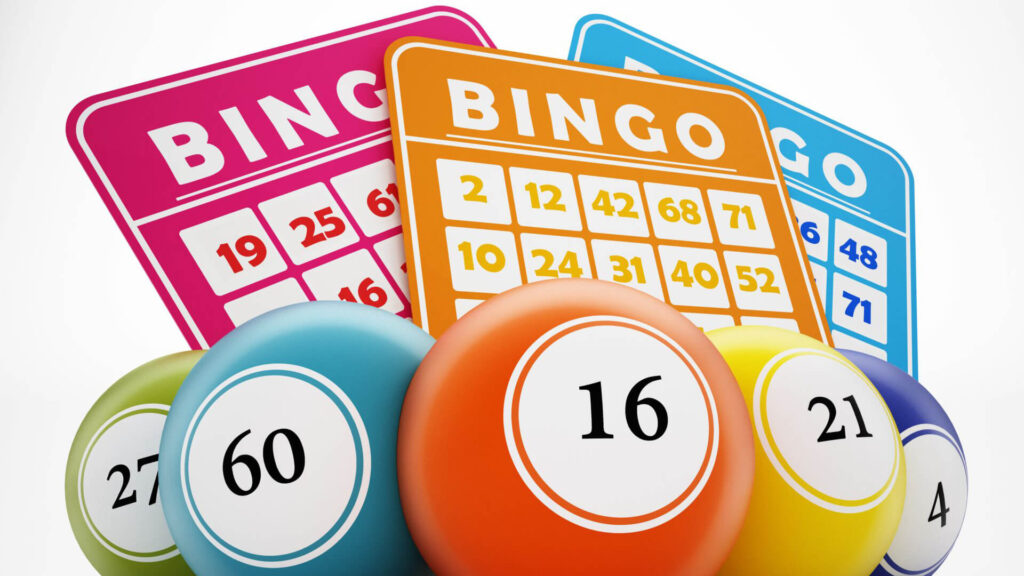Give Your Brain a Workout: The Surprising Mental Benefits of Bingo
Most people realize that to keep our bodies in tiptop condition, we need to do regular cardiovascular exercise. But what about our brains?
For many years, scientists and neurologists have promoted regular brain exercise as a way to protect against cognitive disorders in later life. Conditions like Alzheimer’s, dementia and other degenerative cerebral diseases can be slowed — and in many cases prevented — by regularly exercising our brains.

This ‘exercise’ can take many forms with the most common including completing puzzles or challenges, reading, playing music and socializing. Recent studies have also shown the positive effects of gaming on the brain — in particular, the game of bingo.
The basics of bingo
In essence, bingo is a relatively simple game with players matching randomly drawn numbers to those featured on a game card. It sounds (and is), very simple to play but recent research is showing there’s a lot more going on under the surface than people previously thought. Bingo provides our brains with a much more challenging mental workout than simple number matching.
Recognizing patterns against the clock
A standard bingo card is arranged into three rows with nine columns. Each of these columns represents a number grouping: e.g. column one has numbers 1 to 9; column two has numbers 10 to 19, and column 3 has numbers 20 to 29, and so on.
Even new players quickly pick up on these column groups and begin to identify the general shape and order of their game card. When playing bingo, we instinctively search for number patterns on our card, based on these column rules.
Also, as numbers are called at speed, our brains need to work overtime to keep up with the gameplay while also checking and ticking off numbers on our card. This is especially true for players who favor playing with multiple cards.
Other mental benefits
Bingo has also been proven to have several other beneficial effects on mental skills, including improving concentration and short-term memory, which are both dexterities that tend to get worse with age. It is also perfect for exercising reflexes, improving hand-eye coordination, stimulating cerebral processes and even training longer-term memory functions.
Improved emotional health and social skills
Bingo games tend to be highly social events, where the sense of company is as important as the gameplay. Regular bingo games can be a good way of promoting social contact and maintaining friendships amongst older citizens. A game of bingo if often the highlight of the week for some older people and is typically a fun-filled affair with players laughing and enjoying each other’s company.
Laughing releases endorphins into our bodies, which makes us feel better and gives us a sense of well-being. It has also been proven to have pain-relieving effects, while boosting the immune system and reducing stress.
Most online bingo sites have chat rooms bundled alongside the main games rooms where members can freely talk with each other. These social connections become especially important as we age and seniors who report having an active social life are at far lower risk of loneliness or depression. Being socially active promotes more robust immune systems, lowers blood pressure and typically leads to a better and happier life.
The hidden benefits of bingo are only slowly being discovered, but it seems there’s a lot more involved under the surface of this seemingly simple game than anyone previously realized.
